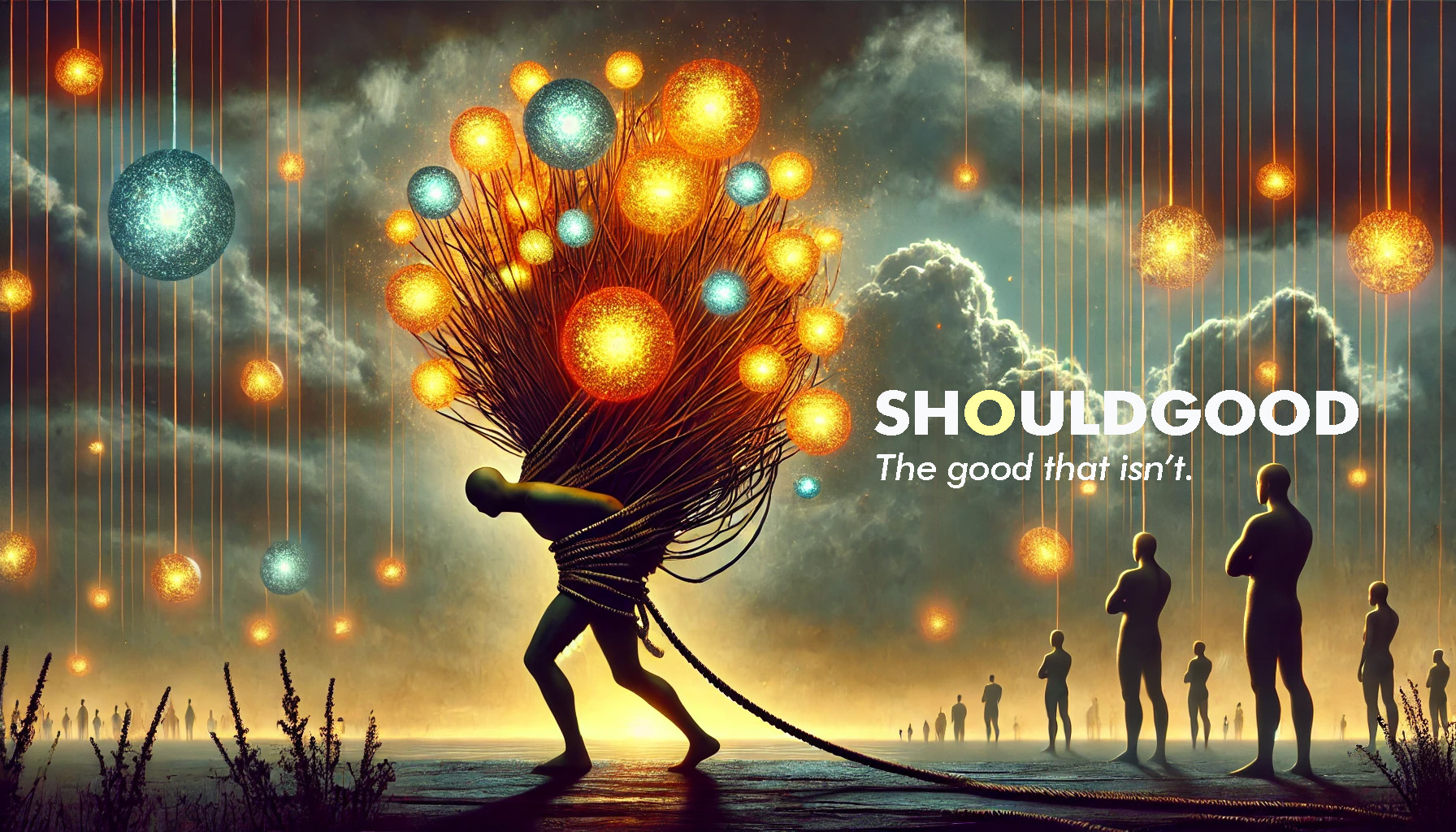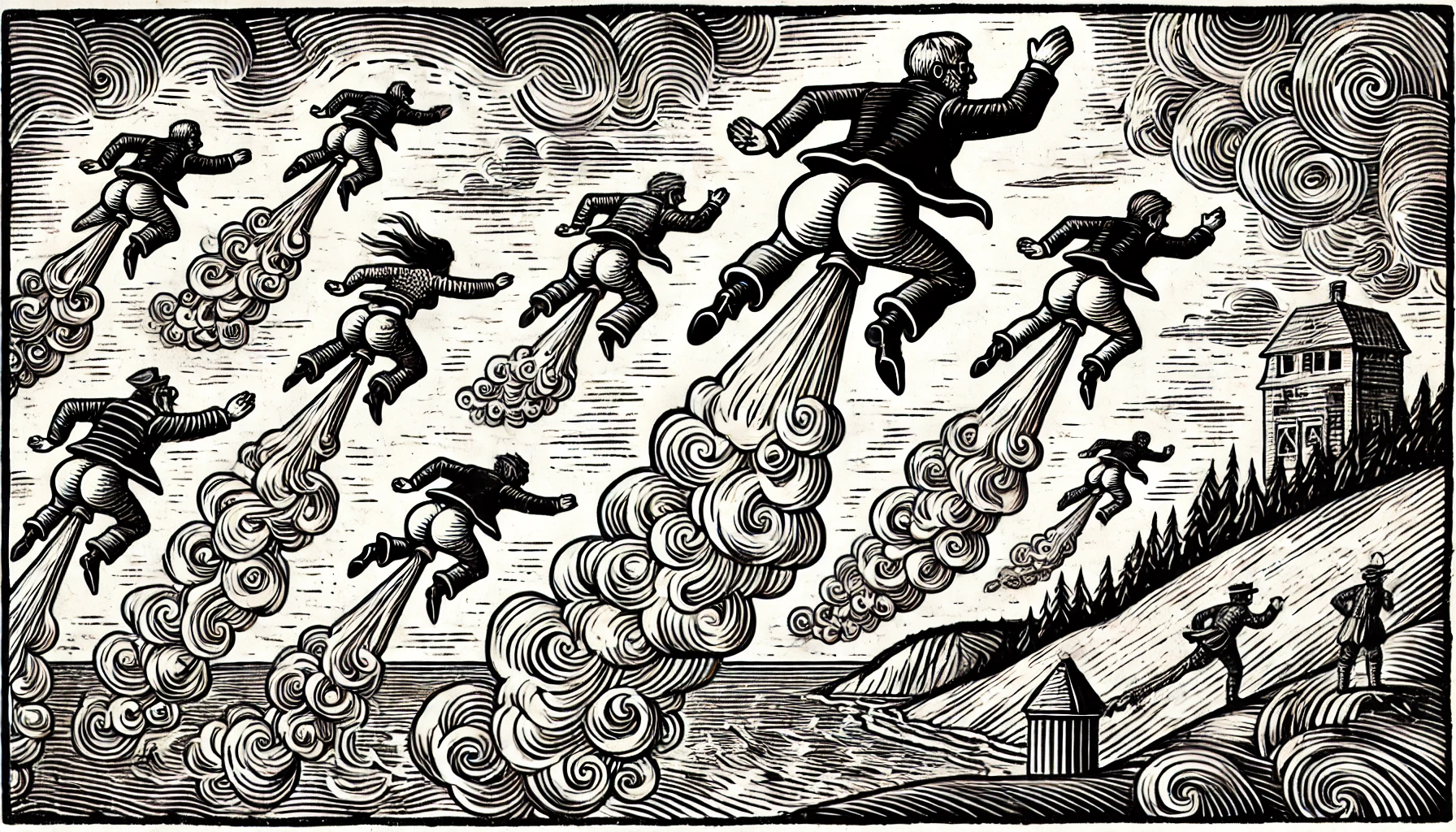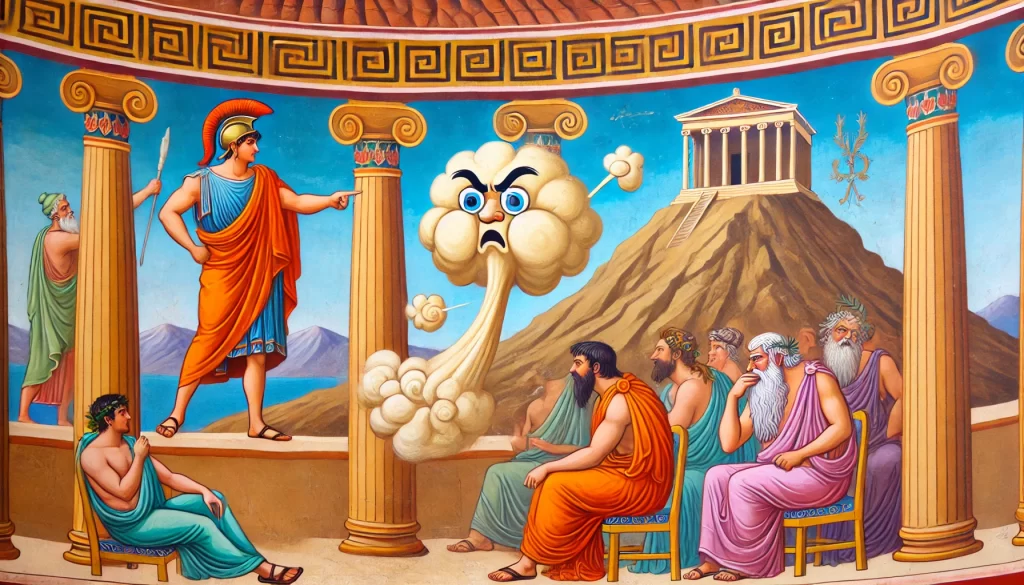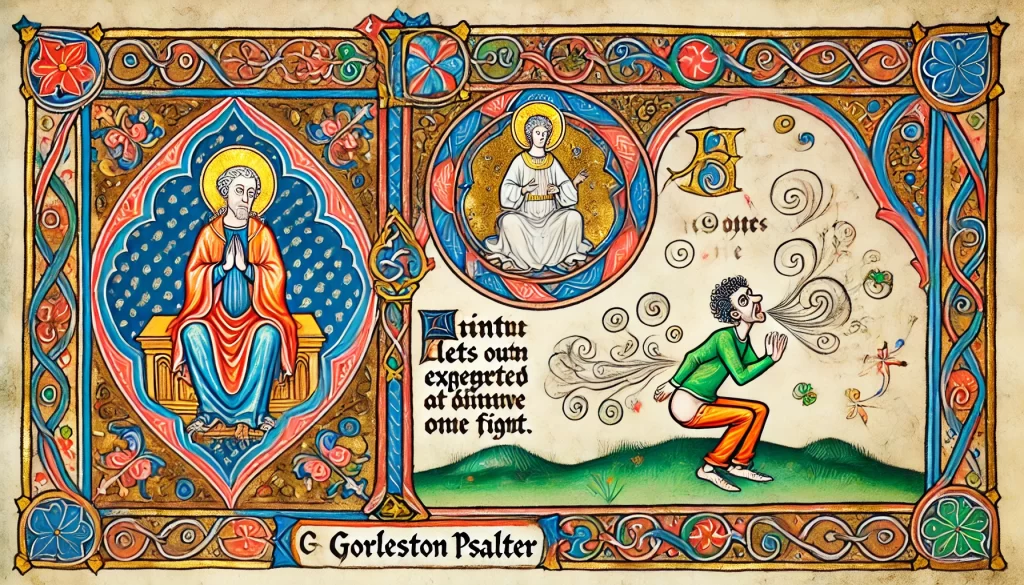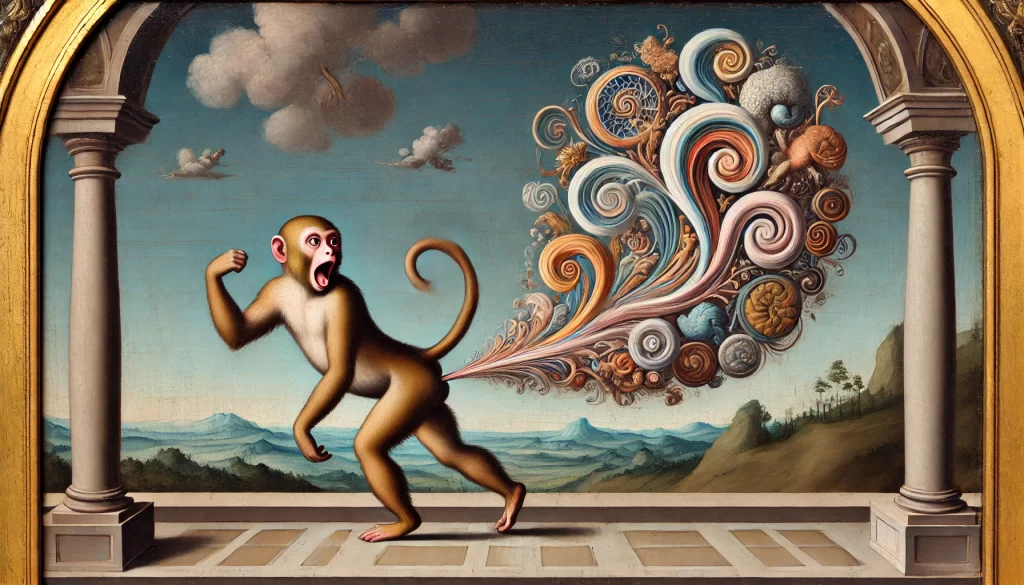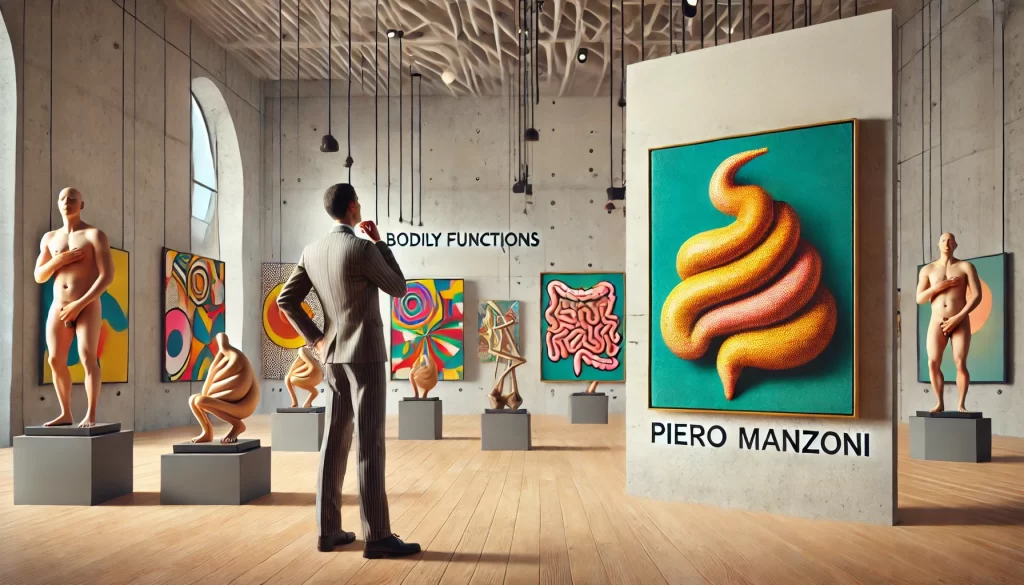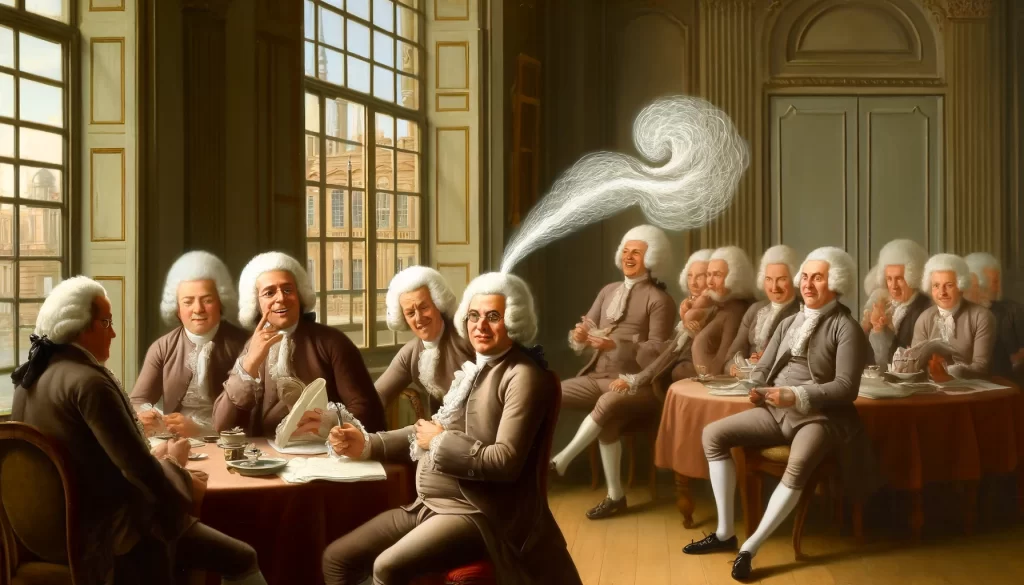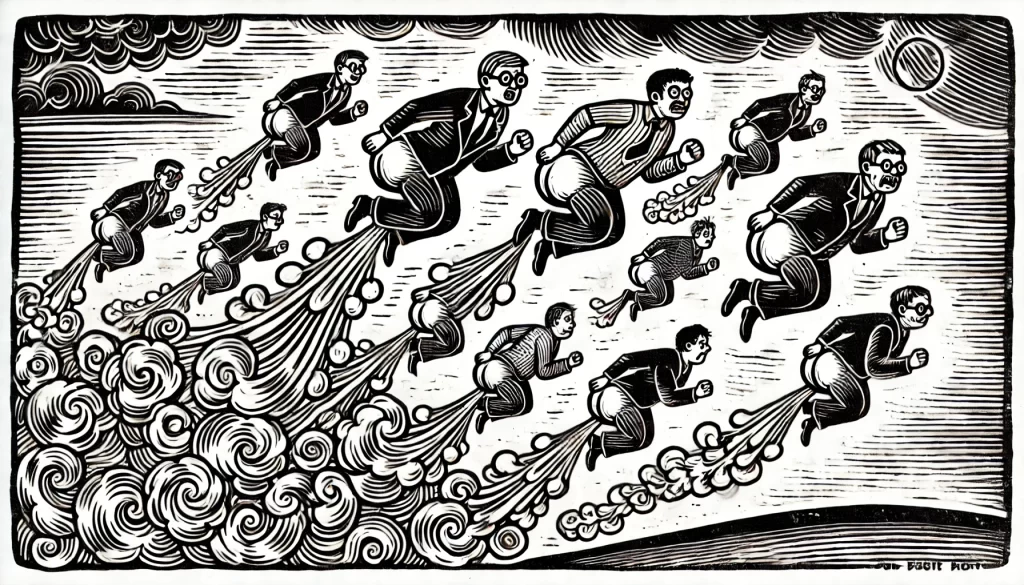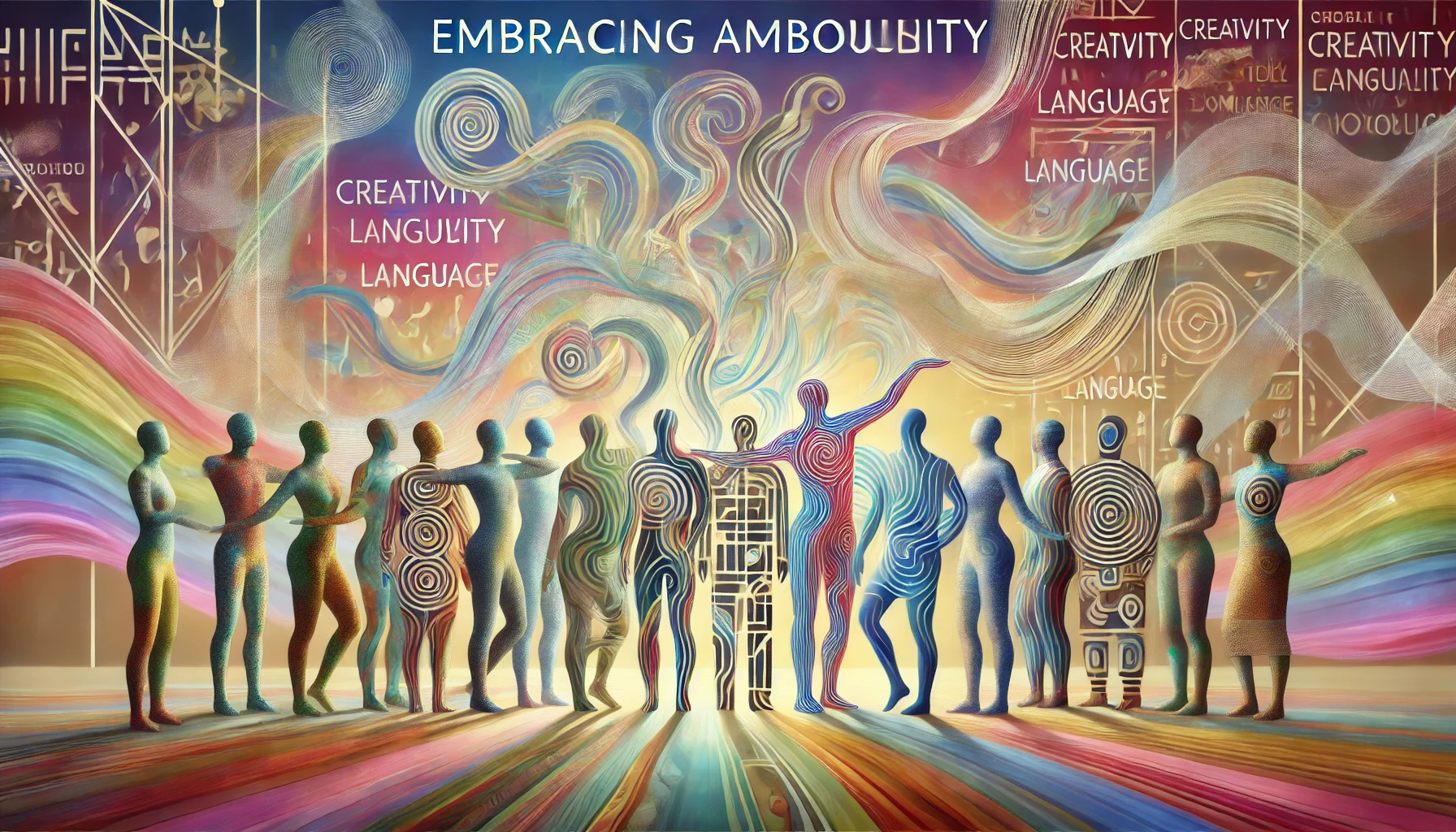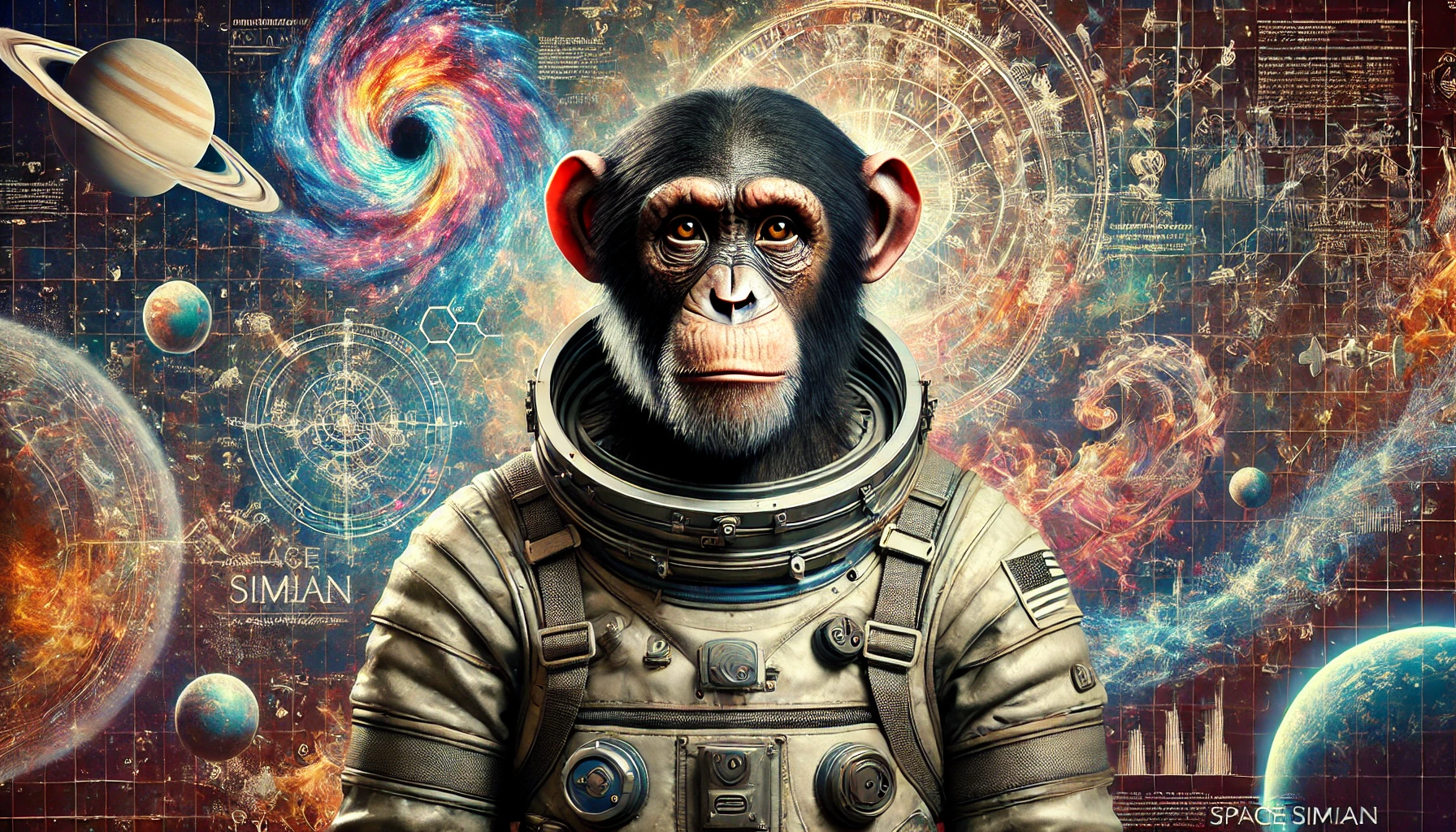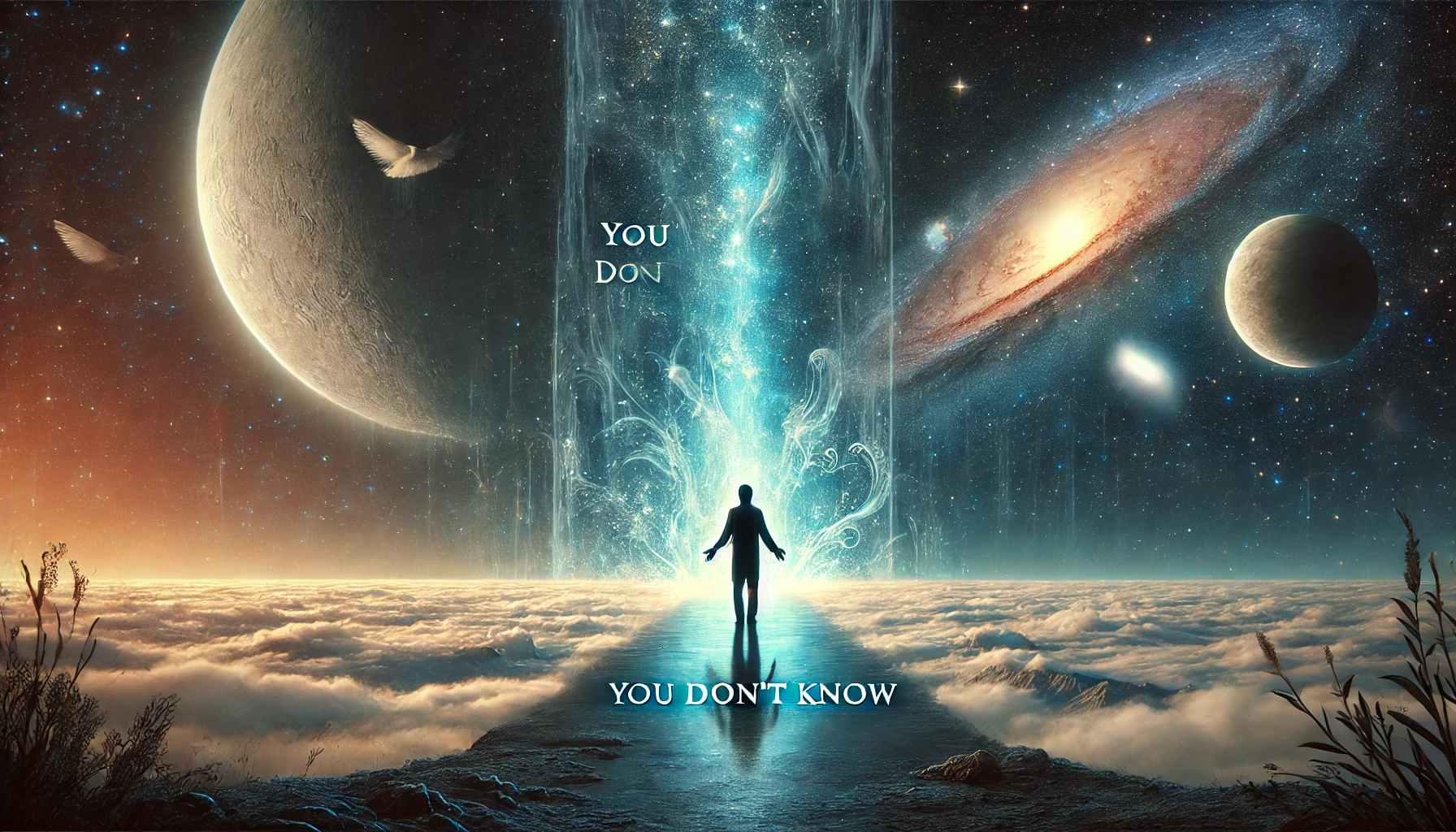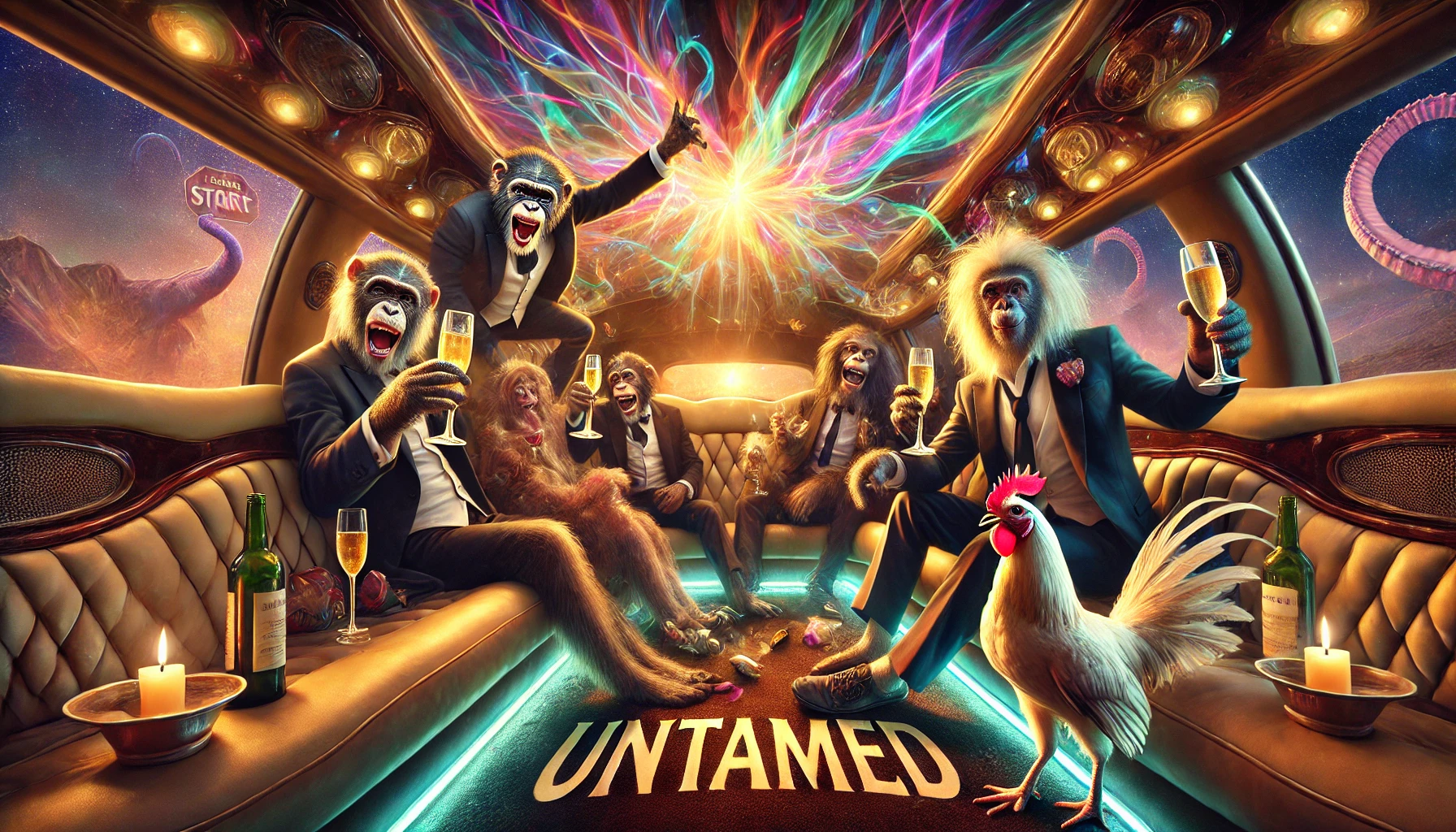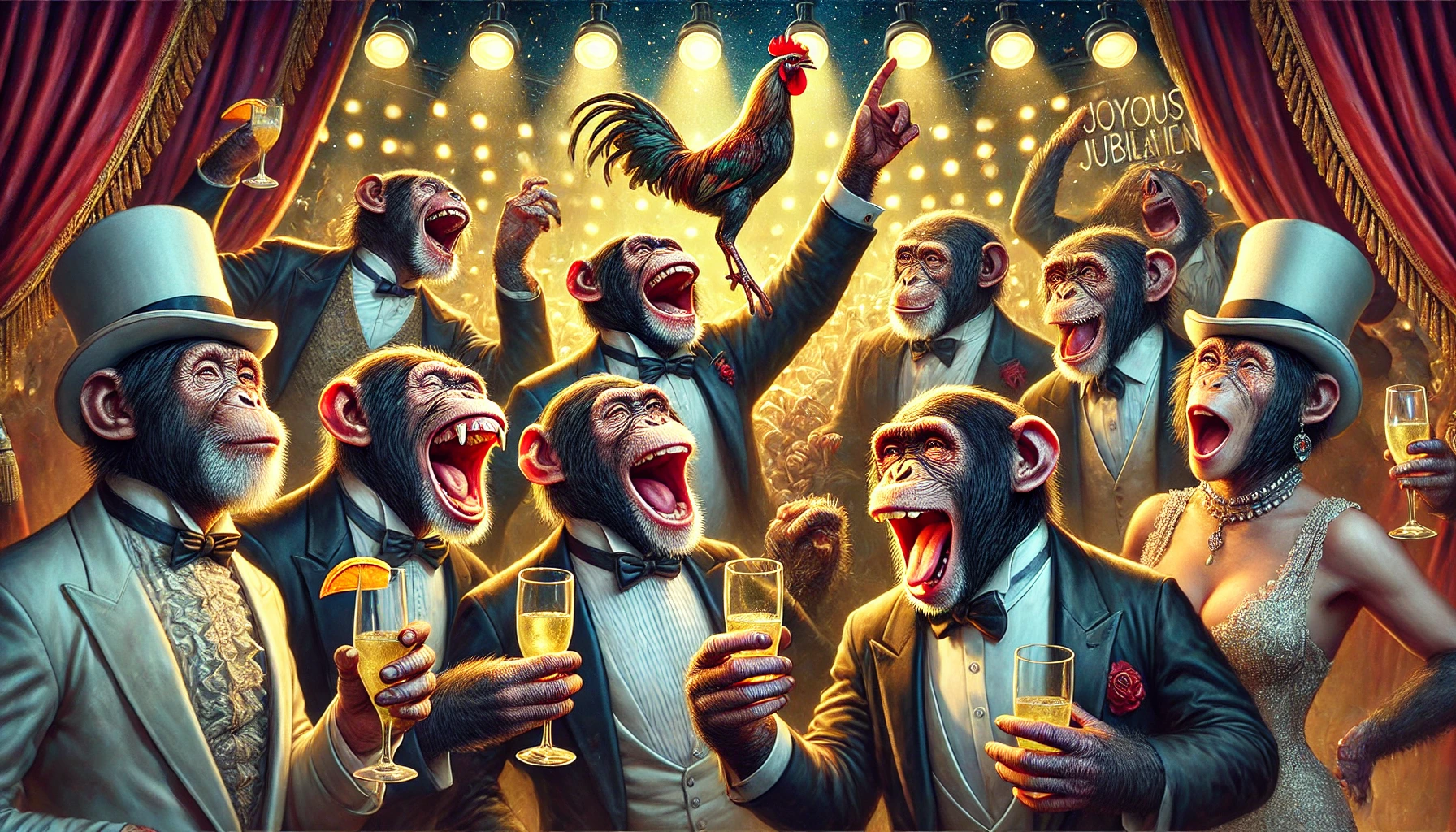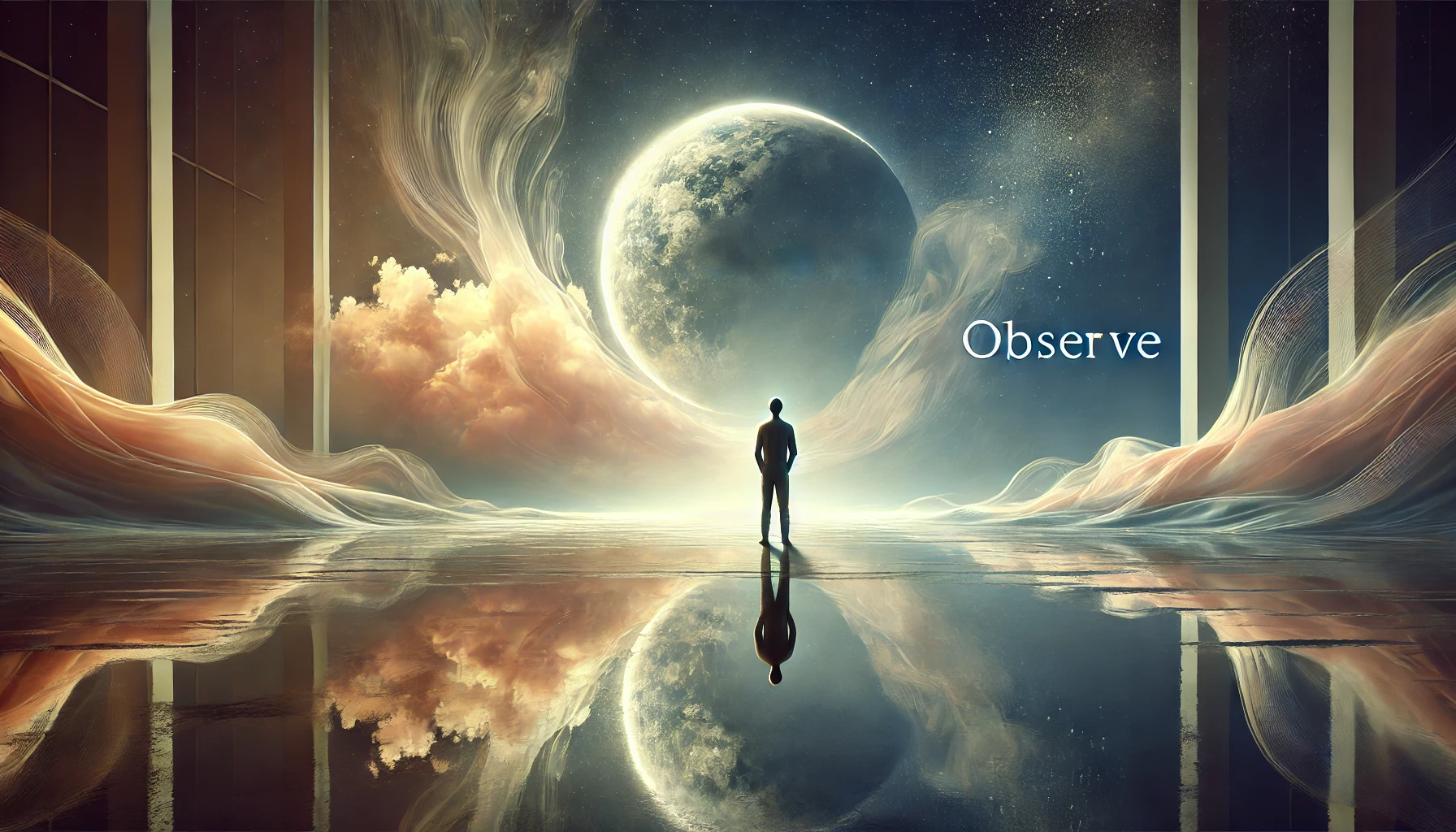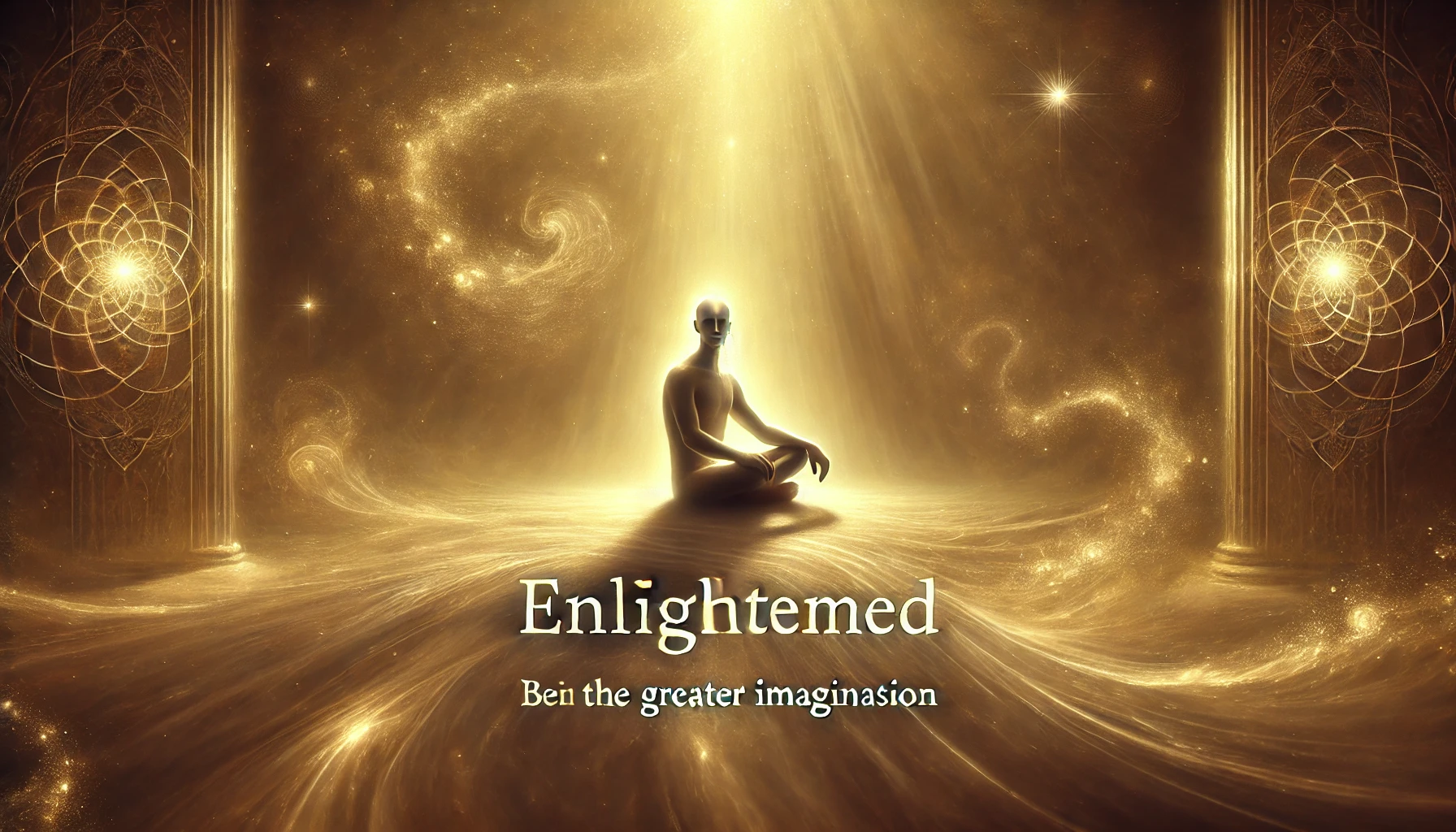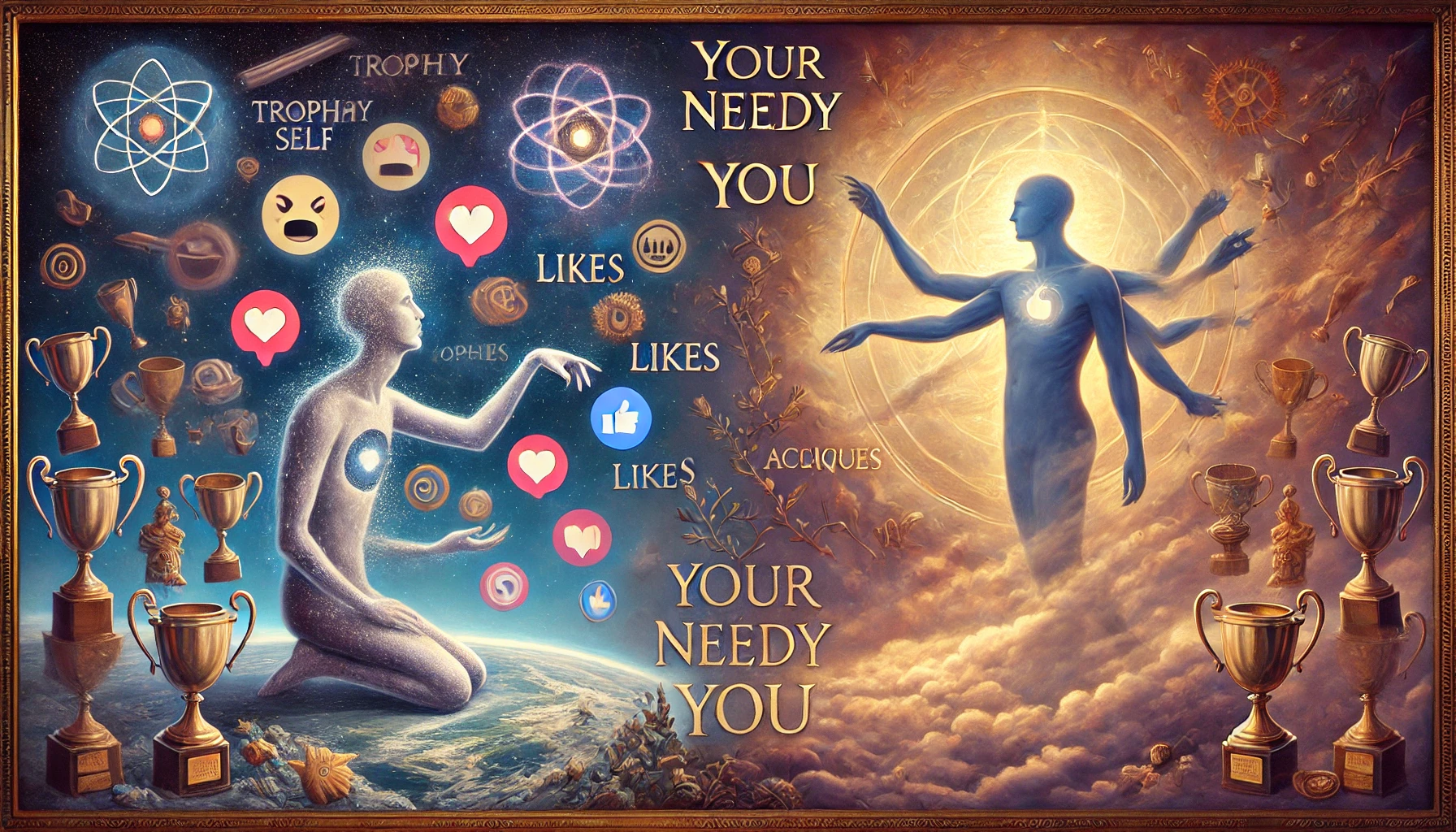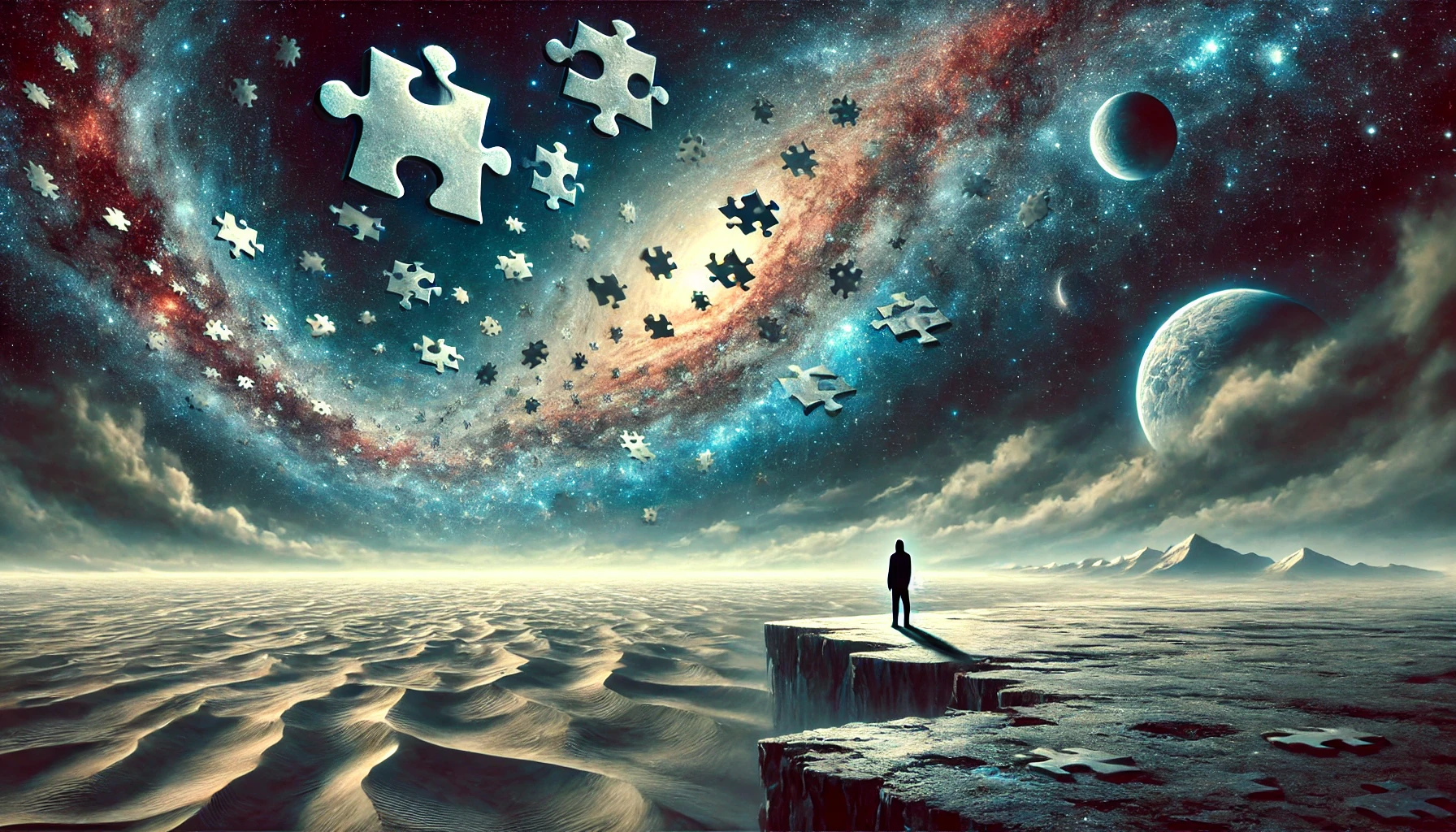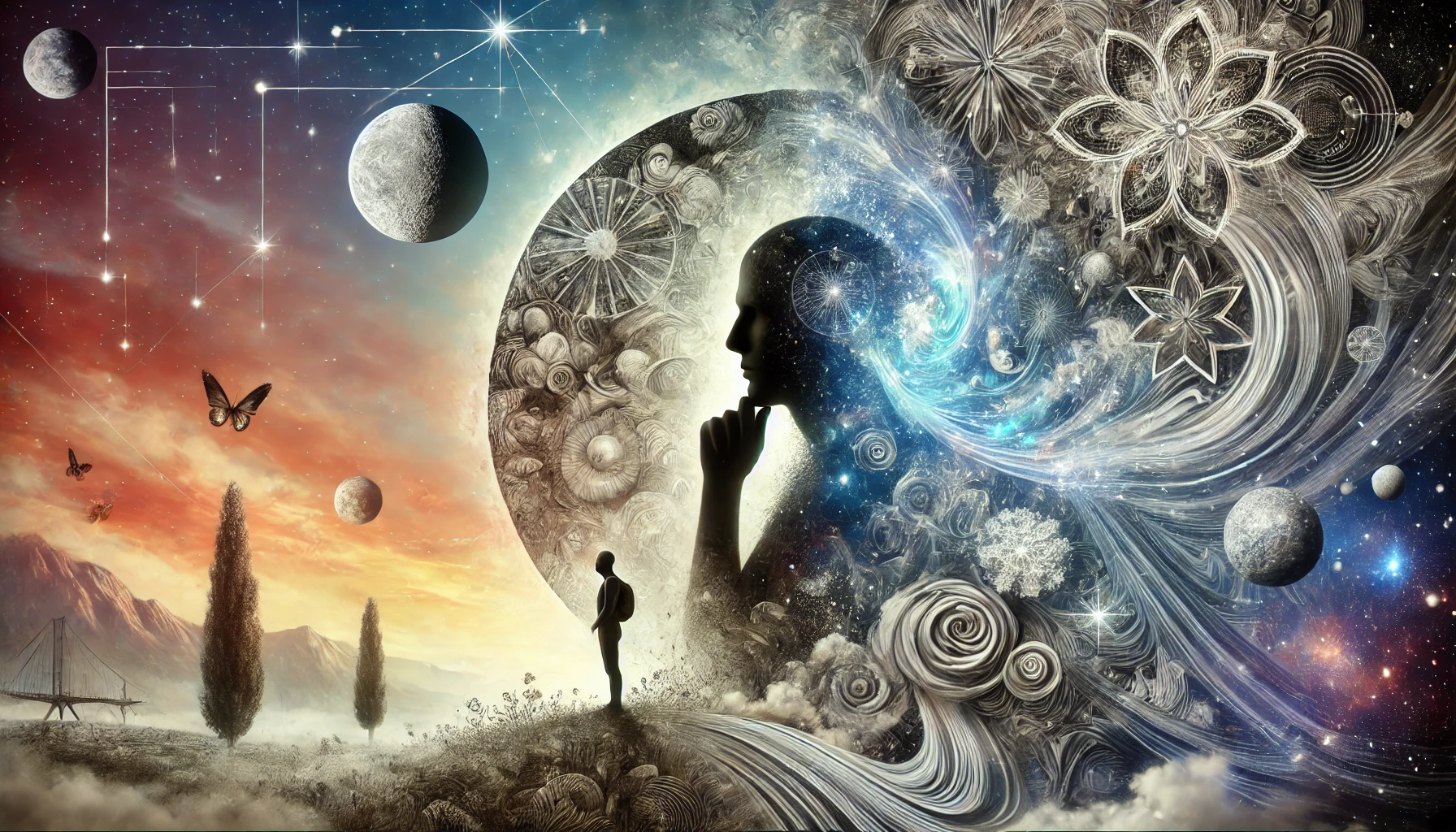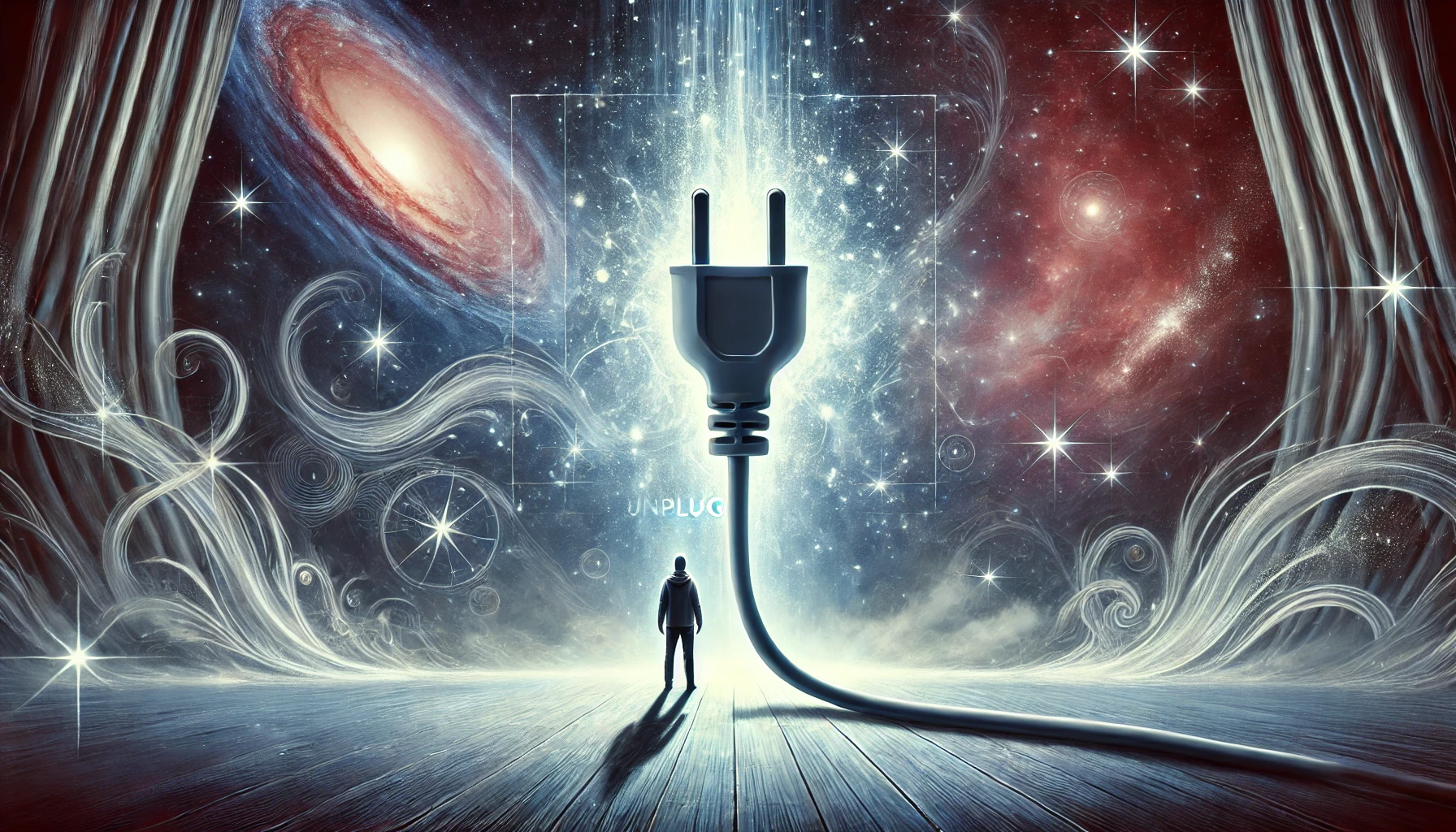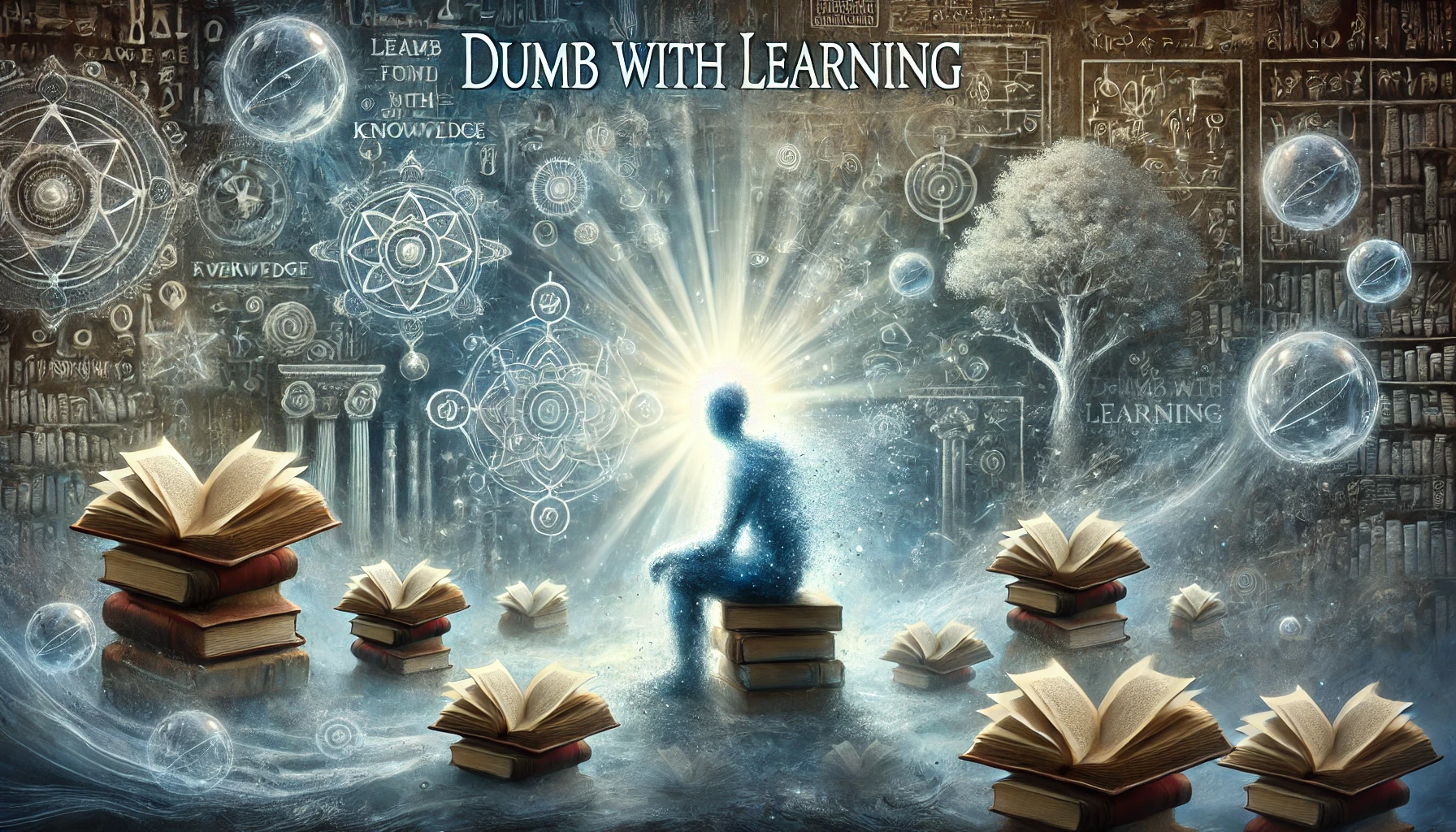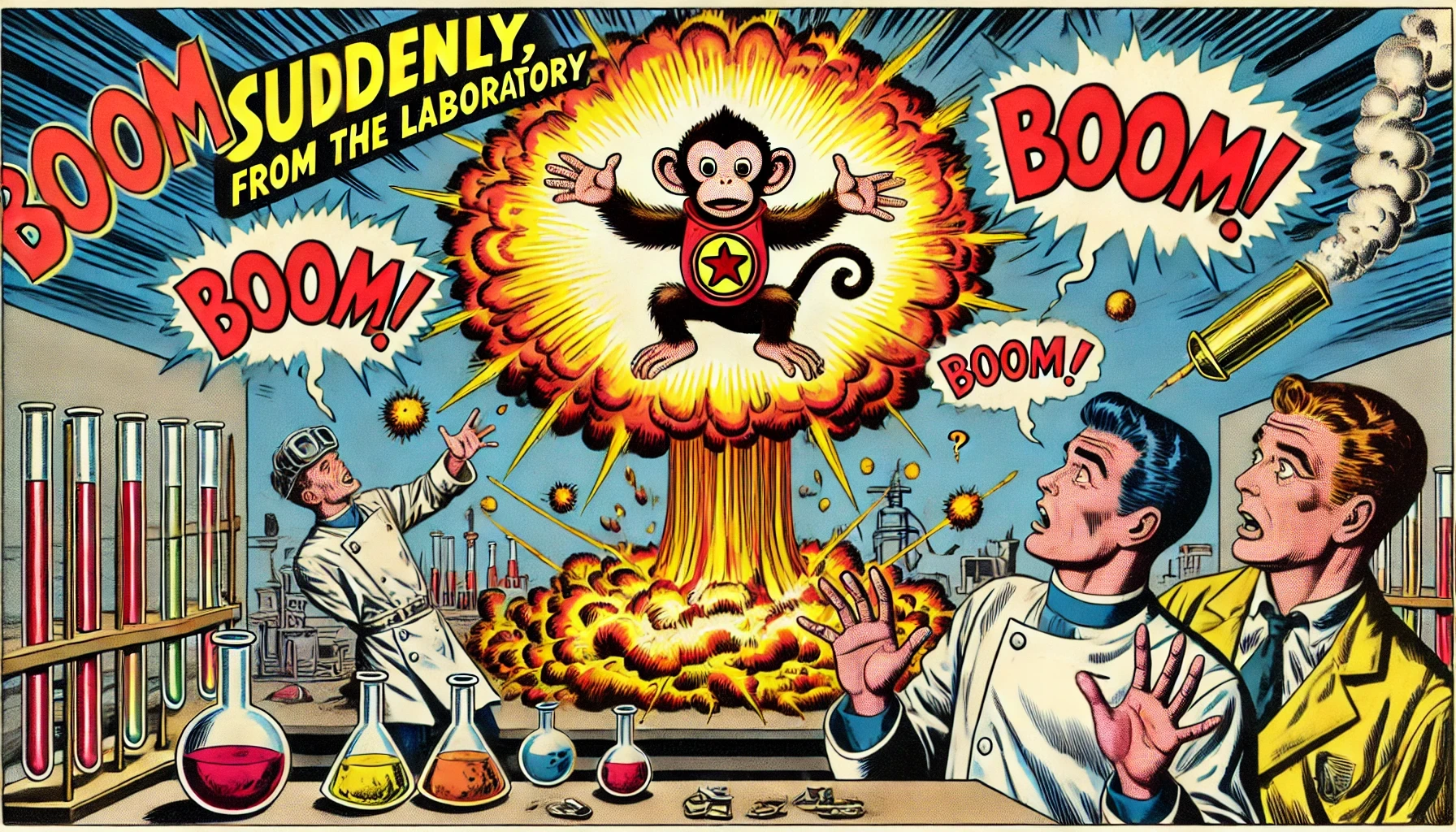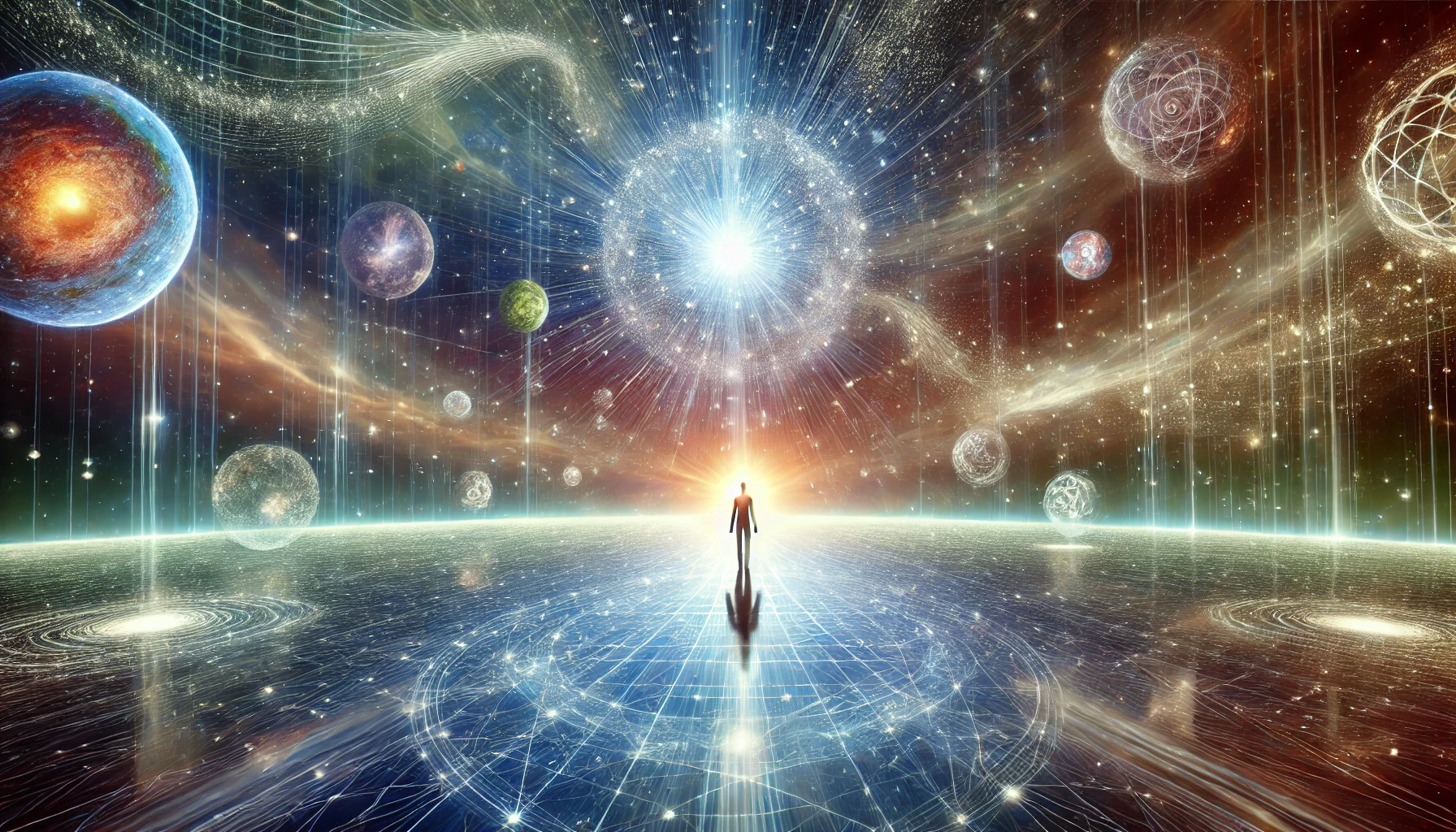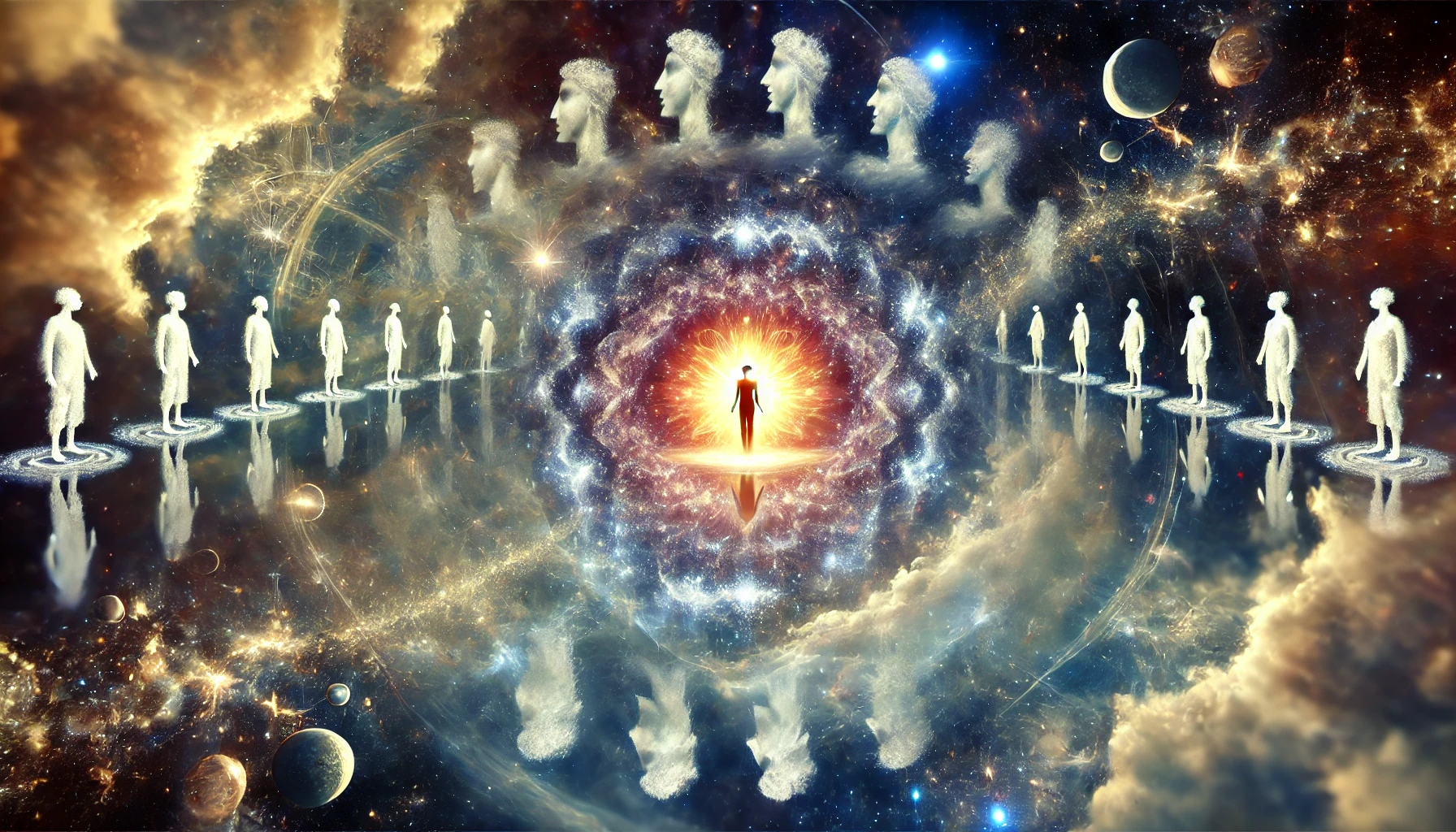“If you do good because you like to do good, that’s good. If you do good because you couldn’t live with yourself otherwise, that’s not so good.” (ME, 2014)
Shouldgood: The Good That Isn’t.
In the realm of doing good, there exists a subtle but significant force that can twist the purity of our actions—Shouldgood. This is the kind of good that arises not from the heart, not from genuine love or compassion, but from a place of fear, obligation, and ego. It is the goodness we perform because we feel we “should,” because we are afraid of the consequences if we don’t, or because we want to maintain a certain image of ourselves in the eyes of others.
At first glance, Shouldgood may seem indistinguishable from any other form of good. After all, the action itself—helping others, being kind, contributing to society—still creates positive outcomes in the world. But while the external result may appear virtuous, the internal experience tells a different story. Shouldgood is not an act of love or joy; it is an act of survival. It is about keeping up appearances, maintaining control, or avoiding guilt.
Shouldgood comes from the Egosphere, the part of us that wants to be seen as good, that fears being judged as selfish, careless, or indifferent. When we operate from this space, doing good becomes a transaction—a way to protect ourselves from negative consequences rather than an expression of our true nature. Instead of acting from the Heartflow of generosity, we are acting from a space of self-preservation.
The ego thrives on validation. It wants to be seen as good, moral, and upright. And so, Shouldgood arises when we act not because we feel the pull of compassion, but because we want to be perceived in a certain way or because we are afraid of what might happen if we don’t act. We fear being labeled as uncaring, lazy, or selfish. We fear disappointing others. We fear that our self-worth might be questioned. And in this fear, we act—not out of love, but out of a need to protect the fragile image we have constructed.
Consider the feeling of agreeing to help someone even though you don’t want to, just because saying no would make you feel guilty. Or imagine making a charitable donation not because you feel deeply connected to the cause, but because you worry that people will think less of you if you don’t. In these moments, the goodness is still there on the surface, but it’s not coming from a place of freedom or authenticity—it’s coming from a space of Performagood, where the ego is performing the role of the “good person” to maintain its sense of self-worth.
The problem with Shouldgood is that it leads to internal conflict. When we are constantly doing good out of fear, obligation, or the need to be seen a certain way, we start to feel resentful, drained, and disconnected from our own sense of joy. We begin to lose sight of why we’re doing good in the first place. Shouldgood becomes a burden rather than a source of fulfillment.
Worse, Shouldgood keeps us stuck in a cycle of Guiltdriven behavior, where our actions are guided more by external expectations than by internal alignment. We start to measure ourselves by how others perceive us, by how many good deeds we’ve performed, by whether or not we’ve met some arbitrary standard of morality. This is the trap of the ego—it convinces us that we must constantly prove our worth by doing good, rather than allowing goodness to flow naturally from within.
In truth, goodness doesn’t need to be proven. It doesn’t need to be calculated or measured. It doesn’t need to come from fear or obligation. Truegood—the kind of goodness that enriches both the giver and the receiver—comes from a place of love, not from a place of fear. It arises naturally when we are aligned with our heart’s desire to connect, to help, and to contribute, without the need for validation or approval.
To move beyond Shouldgood, we must first become aware of when we are acting from fear or ego. We must notice when we are doing good because we feel we have to, because we are afraid of the consequences, or because we want to be seen in a certain way. And then, we must learn to let go. We must learn to trust that goodness can flow from a place of freedom and joy, without the need to satisfy the ego’s demands.
Letting go of Shouldgood means embracing the possibility that not every action has to be driven by a sense of duty or guilt. It means learning to say no when something doesn’t align with our true feelings, without fearing that this makes us “bad.” It means understanding that doing good isn’t about maintaining a perfect image or meeting other people’s expectations—it’s about allowing our natural compassion to express itself in ways that feel right and true.
When we let go of Shouldgood, we create space for Heartgood, where goodness flows effortlessly and authentically from the core of who we are. This is where true fulfillment lies—not in doing good out of fear or obligation, but in doing good because it feels right, because it connects us to others, and because it brings us joy.
Summary
Shouldgood arises when we do good out of fear, guilt, or the need to maintain a certain image, rather than from genuine compassion. While it may still create positive outcomes, it leads to internal conflict and drains us of joy. True goodness flows naturally from love, without the need for validation or approval.
Glossarium
Shouldgood: The form of goodness motivated by fear, guilt, or the desire to maintain a certain image.
Egosphere: The part of ourselves that drives actions based on how we want to be perceived by others.
Performagood: Doing good as a performance, driven by the ego’s need for validation and approval.
Guiltdriven: Actions taken out of a sense of guilt or obligation, rather than genuine desire.
Truegood: Goodness that flows naturally and effortlessly from a place of love and compassion.
Quote
“True goodness flows not from fear, but from love. Let go of the need to prove your worth, and allow goodness to arise naturally.” — Space Monkey
The Space Between Should and Good
I do,
Not because I want,
But because I should.
But should,
Is a weight,
A burden,
A fear.
What if I let go?
What if good,
Flows freely,
From love,
From joy?
Then,
I am free,
And so is my good.
We are Space Monkey.
